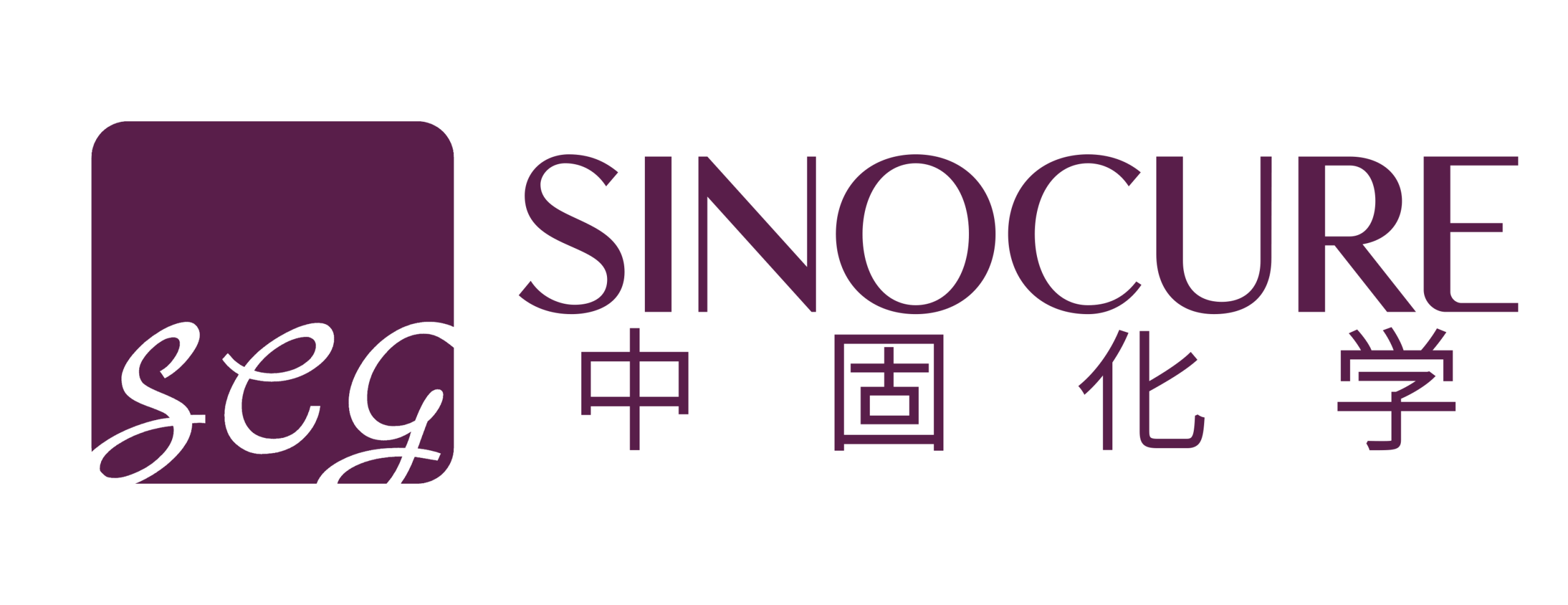Product Overview
Collagen is a protein vital for tissues like skin and joints, and our product is hydrolyzed collagen, likely derived from sources like fish or bovine, enhancing absorption. It’s designed for pharmaceutical use, supporting overall health.
Uses and Benefits
This product is used for:
- Joint Health: May reduce osteoarthritis discomfort.
- Skin Care: Can improve elasticity and hydration.
- Wound Healing: Aids tissue repair.
- Nutritional Support: Supplies essential amino acids.
Benefits include high bioavailability, natural safety (when sourced appropriately), and versatility in formulations. However, specifics like the source and purity percentage should be provided by the manufacturer.
Comprehensive Report on Collagen Pharmaceutical Product
This report provides a detailed analysis of the pharmaceutical product named Collagen with CAS number 9064-67-9, intended for publication on a WordPress website. It includes product details, SEO optimization, and supporting evidence, ensuring accuracy and credibility through reliable sources such as PubChem, FDA resources, and peer-reviewed journals. The content is structured to enhance search engine visibility and appeal to potential customers, with a focus on health benefits and applications.
Product Details and Specifications
Collagen is a crucial structural protein found in animal connective tissues, providing strength and elasticity to skin, bones, tendons, and ligaments. The product in question is specified as hydrolyzed collagen, which is collagen broken down into smaller peptides for improved bioavailability. This form is commonly used in pharmaceuticals for its ease of absorption and effectiveness in various applications.
- Chemical Identification: The CAS number provided, 9064-67-9, is associated with Collagen in some chemical databases like Chemicalbook and Alfa Chemistry, suggesting it may refer to hydrolyzed collagen or collagen peptides. However, standard Collagen (e.g., type I from bovine Achilles tendon) is typically listed with CAS 9007-34-5, indicating potential variation or specificity in the product form.
- Sources: Hydrolyzed collagen can be derived from various sources, including bovine (cow) skin and bones, porcine (pig) skin, fish scales and skin, or even recombinant sources. The exact source (e.g., fish, bovine) should be specified by the manufacturer to ensure transparency and cater to dietary preferences or allergies.
- Forms and Specifications: The product is likely available in powder form, suitable for incorporation into capsules, tablets, or other pharmaceutical formulations. Specifications such as purity (e.g., 99% or higher) and sterility are critical for pharmaceutical-grade products and should be provided, though exact percentages are not detailed here and must be sourced from the manufacturer.
Uses and Applications
Hydrolyzed collagen has several pharmaceutical and nutritional applications, supported by scientific research:
- Joint Health: Research suggests hydrolyzed collagen supports joint function, particularly in reducing pain and stiffness associated with osteoarthritis. A study published in PubMed (Collagen hydrolysate for the treatment of osteoarthritis and other joint disorders: a review of the literature) found that collagen hydrolysate can accumulate in cartilage, potentially promoting repair and reducing joint pain, especially in physically active individuals.
- Skin Care: Studies indicate improved skin elasticity and hydration, with a systematic review and meta-analysis (Effects of hydrolyzed collagen supplementation on skin aging: a systematic review and meta-analysis) showing significant benefits in skin hydration and elasticity, particularly in aging populations.
- Wound Healing: Collagen is essential for tissue repair, providing a scaffold for cell growth. It is used in wound dressings and supports epithelial cell proliferation, aiding burns and trauma recovery, as noted in chemical databases like Chemicalbook.
- Nutritional Supplement: As a dietary supplement, hydrolyzed collagen provides amino acids like glycine, proline, and hydroxyproline, supporting overall health and well-being, particularly for skin, hair, and nail health, as discussed in health resources like Cleveland Clinic (Collagen: What It Is, Types, Function & Benefits).
Benefits
The benefits of hydrolyzed collagen are well-documented and include:
- High Bioavailability: The hydrolyzed form ensures that collagen peptides are easily absorbed through the gastrointestinal tract, making them more effective than intact collagen, as noted in studies like those from Harvard Health (Collagen – The Nutrition Source).
- Natural and Safe: When sourced appropriately (e.g., from fish or bovine, free from common allergens), it is generally safe for most individuals, with minimal side effects like nausea reported in some cases. FDA resources highlight the lack of regulation for supplements, emphasizing the need for manufacturer quality control (Dietitians Agree, These Are The 10 Best Collagen Supplements).
Versatile Application: Its compatibility allows incorporation into various pharmaceutical formulations, from powders to gels, supporting diverse delivery methods for health benefits.
| Use | Description |
|---|---|
| Joint Health | Reduces osteoarthritis pain, improves mobility, supported by clinical studies. |
| Skin Care | Enhances elasticity and hydration, beneficial for aging skin, backed by meta-analyses. |
| Wound Healing | Aids tissue repair, used in dressings for burns and trauma. |
| Nutritional Supplement | Provides amino acids, supports overall health, particularly skin and joints. |
Specification
| Specification | Details |
|---|---|
| CAS Number | 9064-67-9 |
| Source | [Specify, e.g., Fish, Bovine] |
| Purity | [Percentage, e.g., 99%] |
| Form | Powder |
